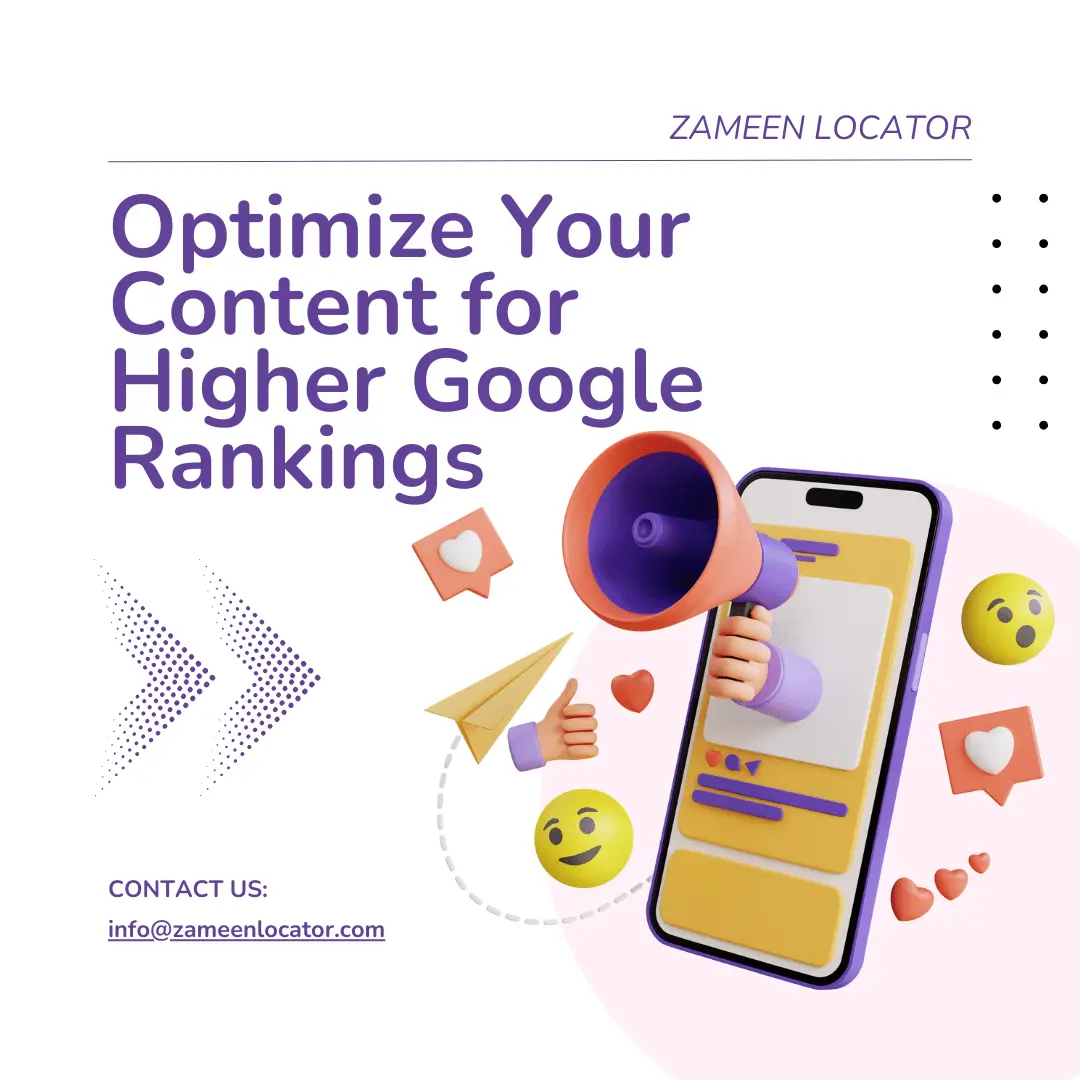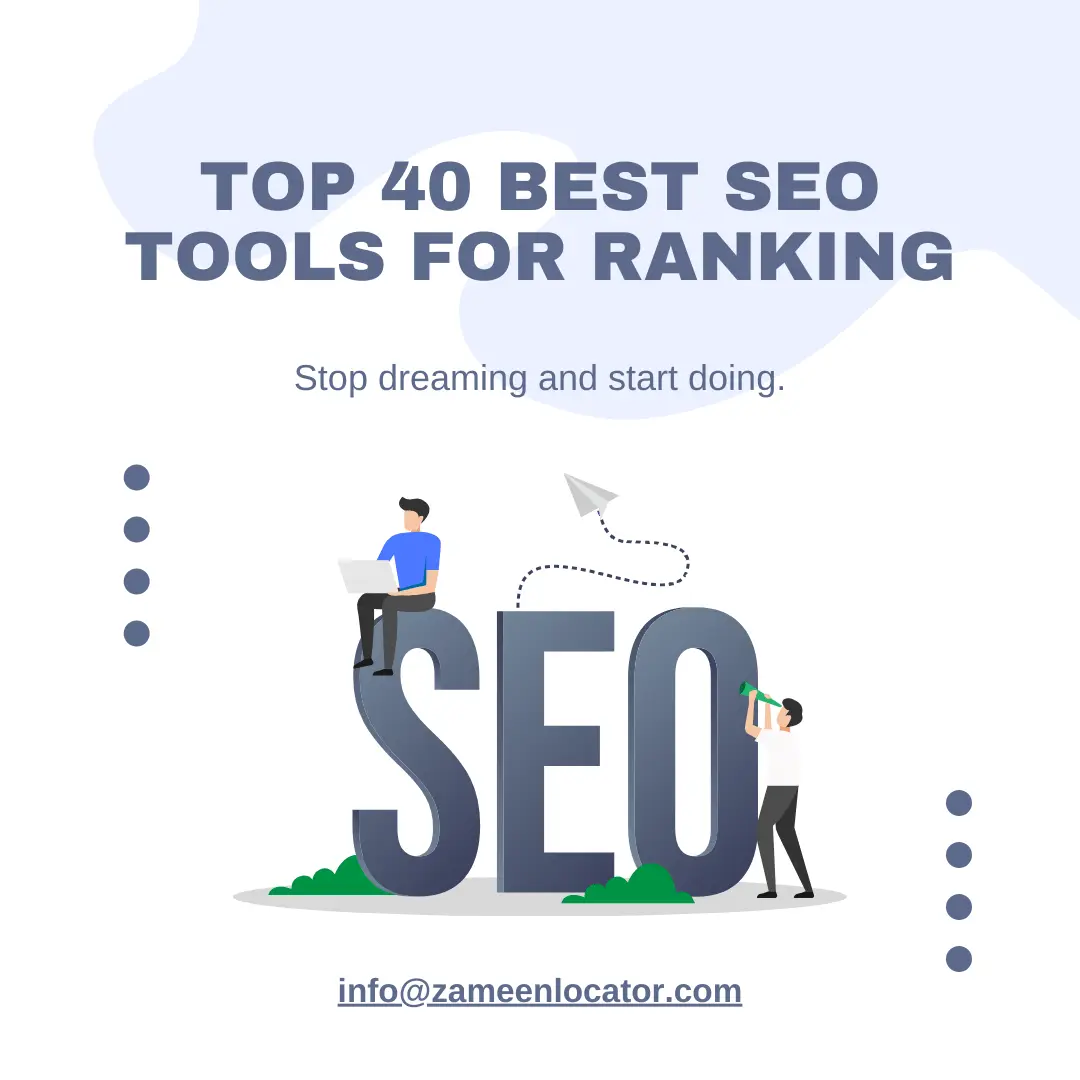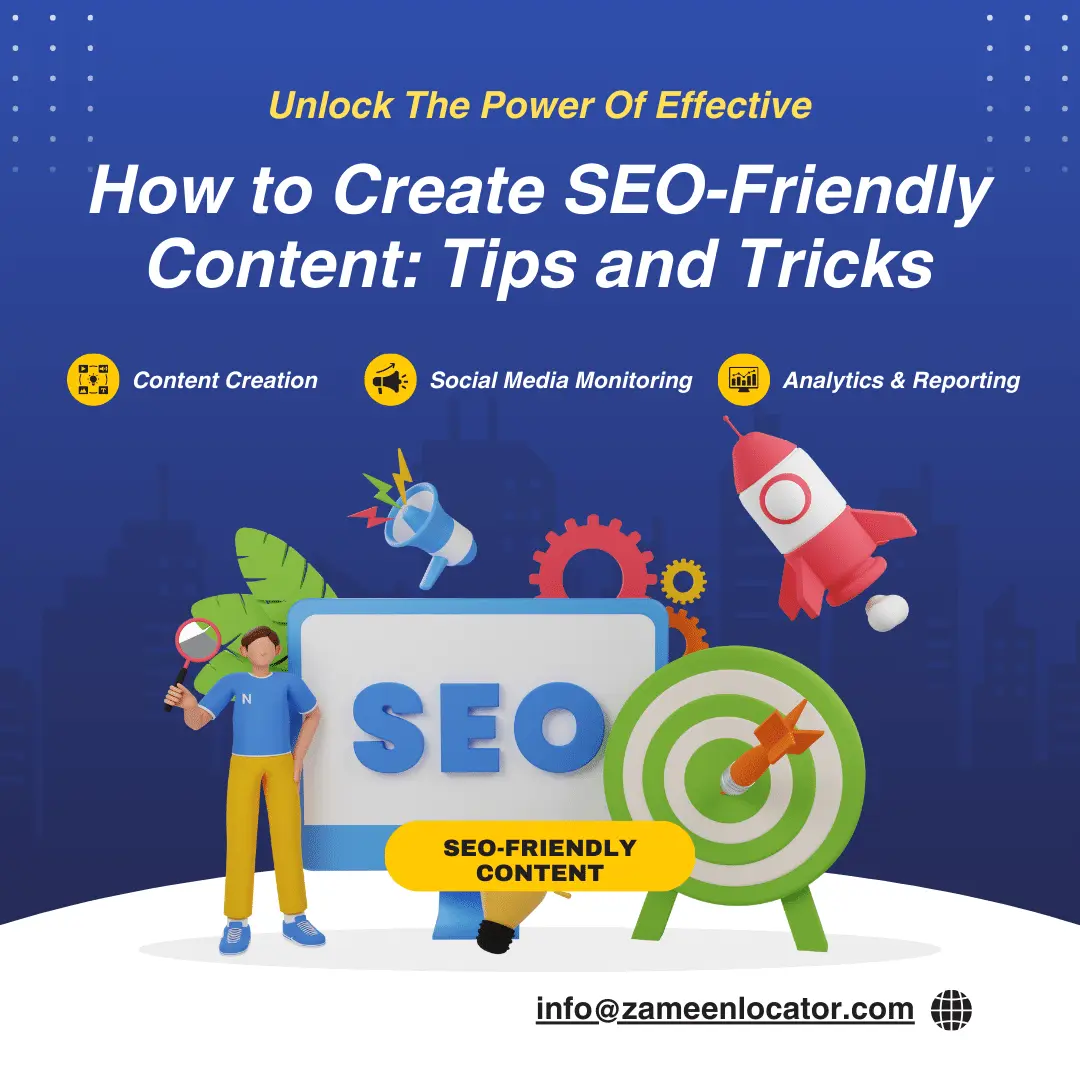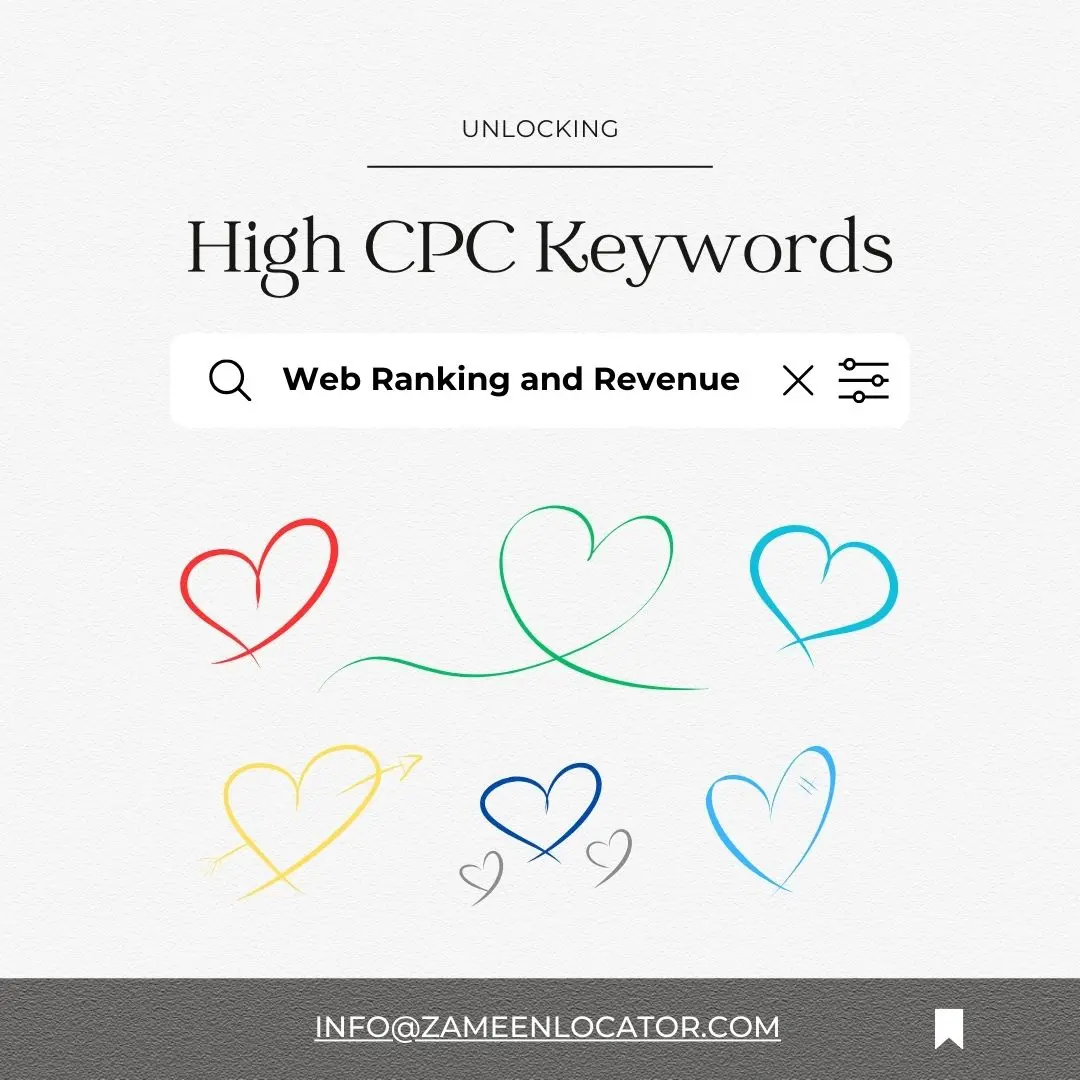
7 Effective Ways to Optimize Your Content for Higher Google Rankings
- In today’s digital landscape, optimizing your content for higher Google rankings is crucial for driving organic traffic and achieving online success. Search Engine Optimization (SEO) involves various strategies to make your content more attractive to search engines like Google. Here’s a comprehensive guide on how to optimize your content effectively.
1. Conduct Thorough Keyword Research
Why It’s Important
- Keywords are the foundation of SEO. They help search engines understand the topic of your content and match it with user queries.
How to Do It
- Use Keyword Tools:
Utilize tools like Google Keyword Planner, Ahrefs, and SEMrush to identify relevant keywords with high search volume and low competition.
- Long-Tail Keywords:
Focus on long-tail keywords, which are more specific and less competitive, making it easier to rank.
Example
- If you’re writing about “content marketing,” long-tail keywords could be “content marketing strategies for small businesses” or “how to create a content marketing plan.”
2. Create High-Quality, Engaging Content
Why It’s Important
- High-quality content attracts visitors and encourages them to stay longer, reducing bounce rates and signaling to Google that your content is valuable.
How to Do It
- In-Depth Coverage:
Provide comprehensive information on your topic. Answer common questions and provide valuable insights.
- Readability:
Use short paragraphs, subheadings, bullet points, and images to make your content easy to read and understand.
- Originality:
Ensure your content is unique and original. Avoid duplicate content that could harm your rankings.
Example
- An article on “SEO Tips” should cover various aspects such as on-page SEO, off-page SEO, technical SEO, and SEO mistakes.
3. Optimize On-Page SEO Elements
Why It’s Important
- On-page SEO elements help search engines understand the structure and content of your page, improving your chances of ranking higher.
How to Do It
- Title Tags:
Include your primary keyword in the title tag. Keep it under 60 characters for optimal display in search results.
- Meta Descriptions:
Write compelling meta descriptions that include your primary keyword and encourage clicks.
- Headings:
Use H1 for the main title and H2/H3 for subheadings, incorporating relevant keywords.
- Alt Text for Images: Describe your images with alt text that includes relevant keywords.
Example
- For a blog post titled “Top 10 SEO Tips,” the title tag could be “Top 10 SEO Tips for Higher Google Rankings | YourSite.com.”
4. Enhance Content with Multimedia
Why It’s Important
- Multimedia elements like images, videos, and infographics can enhance user engagement and make your content more appealing.
How to Do It
- Images:
Use high-quality images relevant to your content. Optimize image file names and alt text with keywords.
- Videos:
Embed videos to provide additional information and keep visitors on your page longer.
- Infographics:
Create infographics to visually represent data and complex information.
Example
- How to Bake a Cake” could include step-by-step images and a video demonstrating the process.
5. Build Quality Backlinks
Why It’s Important
- Backlinks from reputable sites act as votes of confidence for your content, signaling to search engines that it is trustworthy and authoritative.
How to Do It
- Guest Posting:
Write guest posts for reputable sites in your niche and include links back to your content.
- Outreach:
Contact influencers and bloggers in your industry to share your content.
- Content Marketing:
Create shareable content like infographics, research studies, and comprehensive guides that others want to link to.
Example
- If you have a blog on “digital marketing trends,” you could guest post on popular marketing blogs and link back to your comprehensive guide on the subject.
6. Improve Page Load Speed
Why It’s Important
- Page load speed is a critical ranking factor. Slow-loading pages can lead to higher bounce rates and lower rankings.
How to Do It
- Compress Images:
Use tools like TinyPNG to reduce image file sizes without compromising quality.
- Browser Caching:
Enable browser caching to reduce load times for returning visitors.
- Optimize Code:
Minimize CSS, JavaScript, and HTML to improve load times.
Example
- Use Google PageSpeed Insights to identify and fix issues slowing down your website.
7. Optimize for Mobile
Why It’s Important
- With more users accessing the internet via mobile devices, Google prioritizes mobile-friendly websites in its rankings.
How to Do It
- Responsive Design:
Ensure your website is responsive and adjusts to different screen sizes.
- Mobile Usability:
Check for issues with small font sizes, touch elements too close together, and content than the screen.
Example
- Test your website’s mobile-friendliness using Google’s Mobile-Friendly Test tool and address any issues identified.
Conclusion
- Optimizing your content for higher Google rankings involves keyword research, high-quality content creation, on-page SEO, multimedia enhancement, backlink building, improving page load speed, and mobile optimization. By following these strategies, you can increase your chances of ranking higher in search results and driving more organic traffic to your website.
Frequently asked questions (FAQs)
- 1. What is SEO?
- Answer: SEO (Search Engine Optimization) is the practice of optimizing your website and content to improve its visibility and ranking in search engine results pages (SERPs).
- 2. How do keywords impact SEO?
- Answer: Keywords help search engines understand the topic of your content and match it with user queries, making it easier for users to find your content.
- 3. Why is mobile optimization important?
- Answer: With the increasing number of users accessing the internet via mobile devices, mobile optimization ensures a better user experience and improves your website’s ranking in mobile search results.
- 4. How often should I update my content for SEO?
- Answer: Regularly updating your content can help maintain its relevance and improve its ranking in search results. Aim to review and update your content at least once every few months.
- 5. What are backlinks and why are they important?
- Answer: Backlinks are links from other websites to your content. They act as votes of confidence, signaling to search engines that your content is trustworthy and authoritative, which can improve your rankings.





